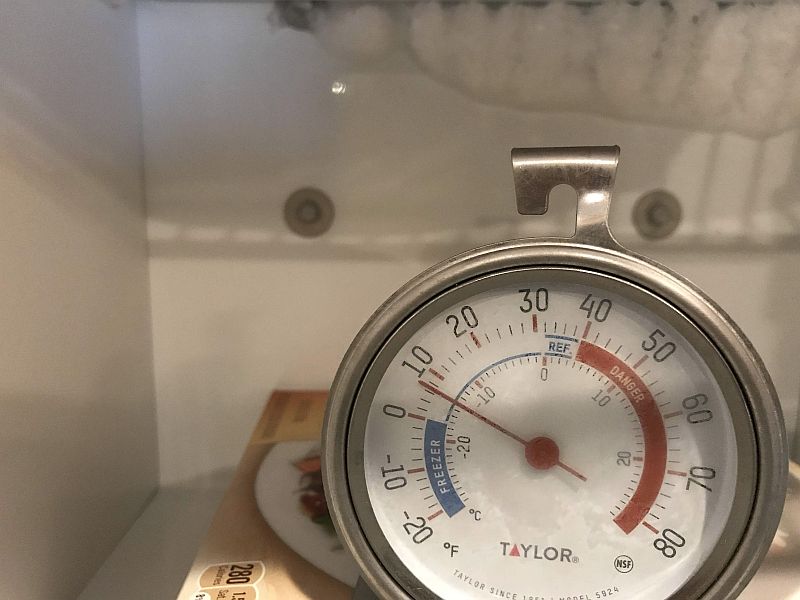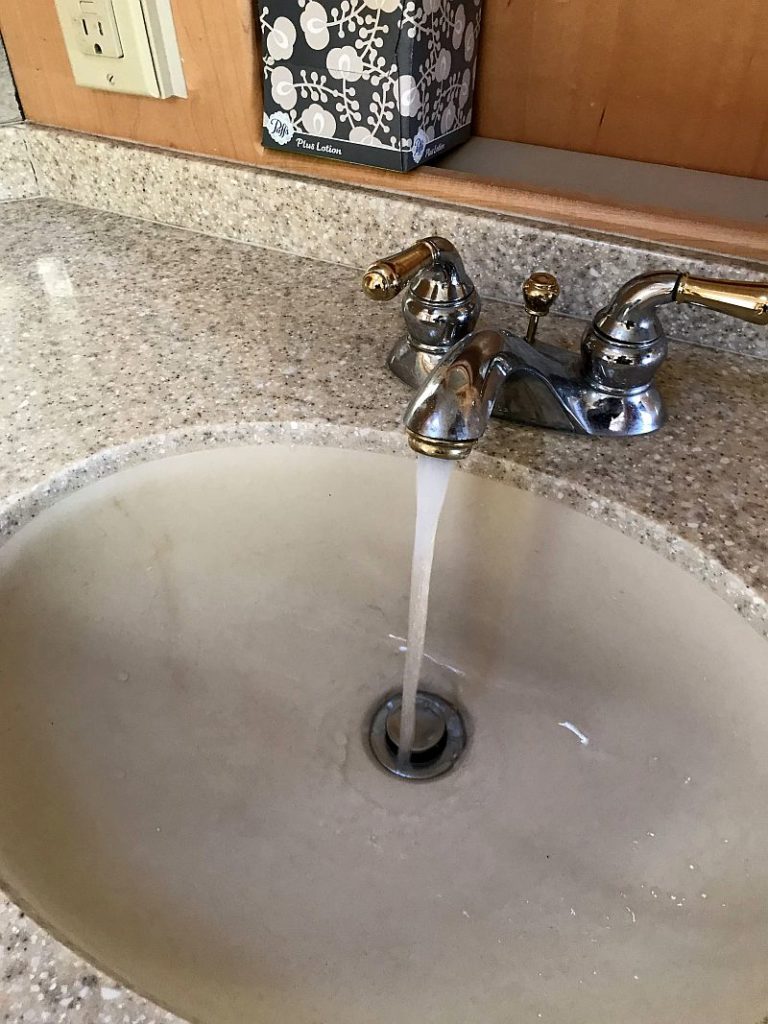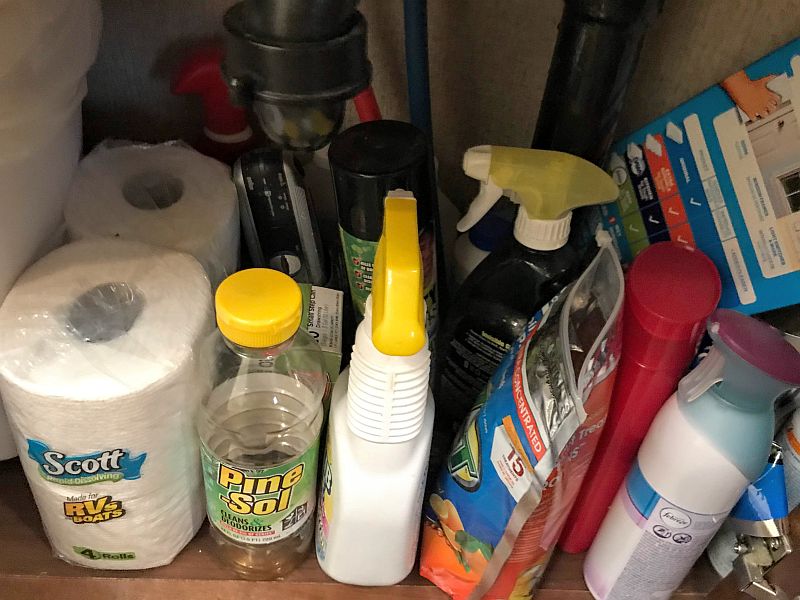Preparing for Your RV Inspection
An RV inspection provides a thorough examination of the RV from the roof to the tires and from the exterior side walls to the interior appearances and appliances. Depending on the level of inspection you have chosen, you can expect it to take 3 – 8 hours. You do not need to be present, but you are most welcome. If not, the inspector can give you a verbal report by phone that evening with the written report to follow within a day or two. (Fluid tests take longer.)
The first thing your inspector will check is the actual VIN of the RV. If you have the build sheet and/or brochure, that will be helpful as well. If this is a pre-purchase inspection, we suggest that you have a paragraph inserted in your sales agreement that the purchase is subject to an inspection by an inspector of your choosing and subject to your sole satisfaction.
It usually works best to inspect an RV while it is hooked up in a campground, although it certainly can be done in a dealers lot or a back yard. However, in order to properly evaluate the mechanical functions of the RV, it should be completely accessible with the utilities hooked up and the gray and black tanks emptied. The refrigerator and ice maker should have been running for at least 12 hours before the inspection. We can only inspect what we can see and operate. Take it out of any covered areas, and make sure the storage bays are unlocked.

If you can’t connect a hose, make sure there is enough water in the tanks to test the systems including the dishwasher and the washer if available. There should be enough fuel in the propane tanks to test those systems, as well. If a motor home is being inspected, the batteries need be charged and there should be fuel in the generator and in the RV itself.

Both the exterior and the interior should be cleared and ready to be examined. Your inspector will be looking in, under and behind cabinets and drawers so please don’t block that access. The microwave and oven should be empty. Be sure to secure any valuables or breakables. Ensure that slide areas are clear as those will be tested as well.

Prior to the actual Inspection, you will be provided with a Pre-Inspection Agreement and a “understanding” of what is involved. These two forms will need to be acknowledged and signed ahead of time. It’s important for you to tell the inspector why you want an inspection. Are you suspicious of anything in particular? If you are selling the RV, are there any modifications that you want the inspector to give particular attention? We always recommend analyzing fluids on motor homes and older tow vehicles.
RV Inspectors will not provide water hoses, sewer hoses or connections, electrical adapters or connectors, generators, propane, batteries or fuel. Please make sure these are available prior to the scheduled inspection time.
Here is a checklist for setting up an RV for an inspection:
• Position RV on level surface where leveling system can be checked.
• Provide all maintenance records and vehicle manual as available
• Plug it in to shore power
• Connect water hoses if possible
• Put water in the water tanks
• Empty black and gray water tanks.
• Connect sewer hoses or provide a bucket for testing the tanks.
• Provide enough propane to run all systems.
• Put fuel in the generator
• Have batteries charged.
• Turn on refrigerator and ice maker 12 hours before the inspection
• Empty the oven and microwave
• Have all remote controls available.
• Do you want fluids analyzed?
